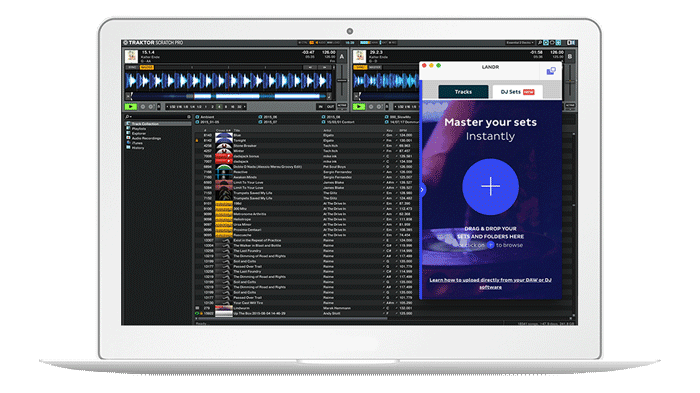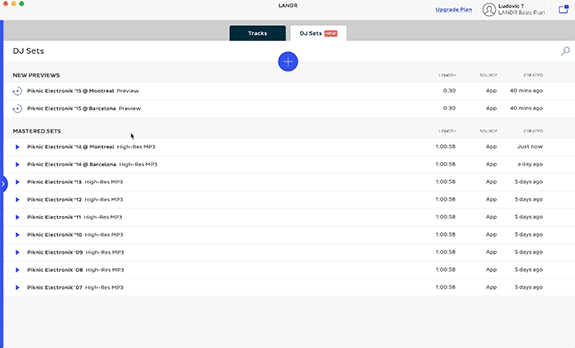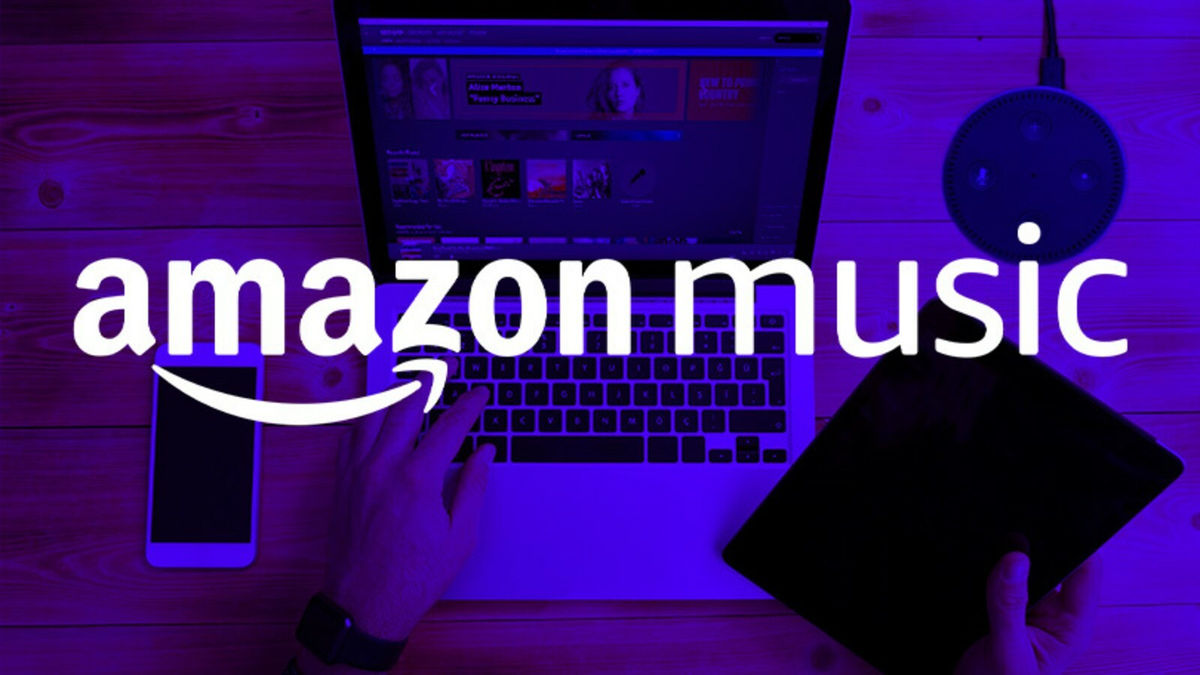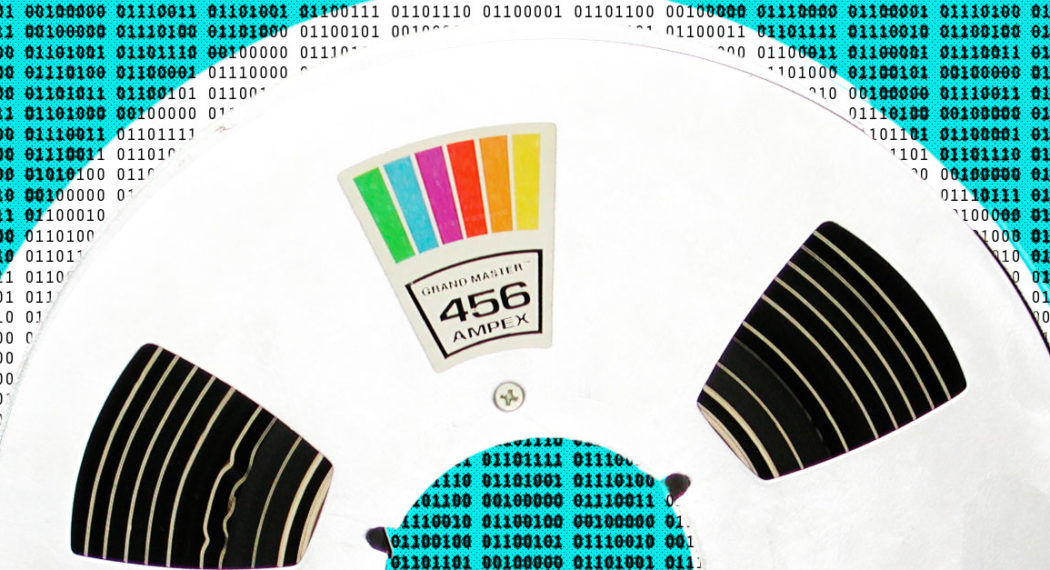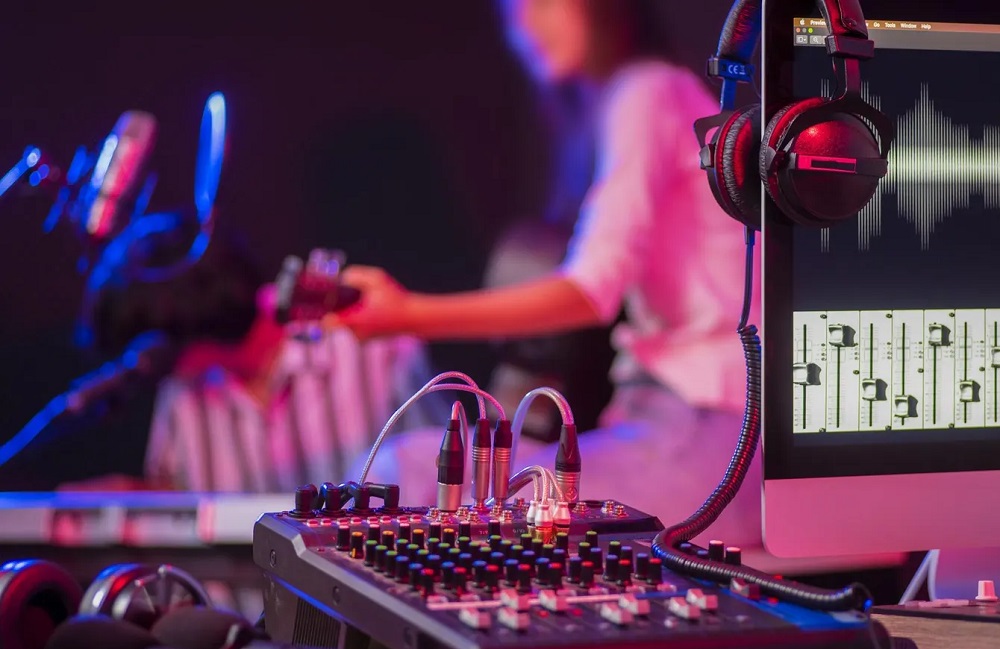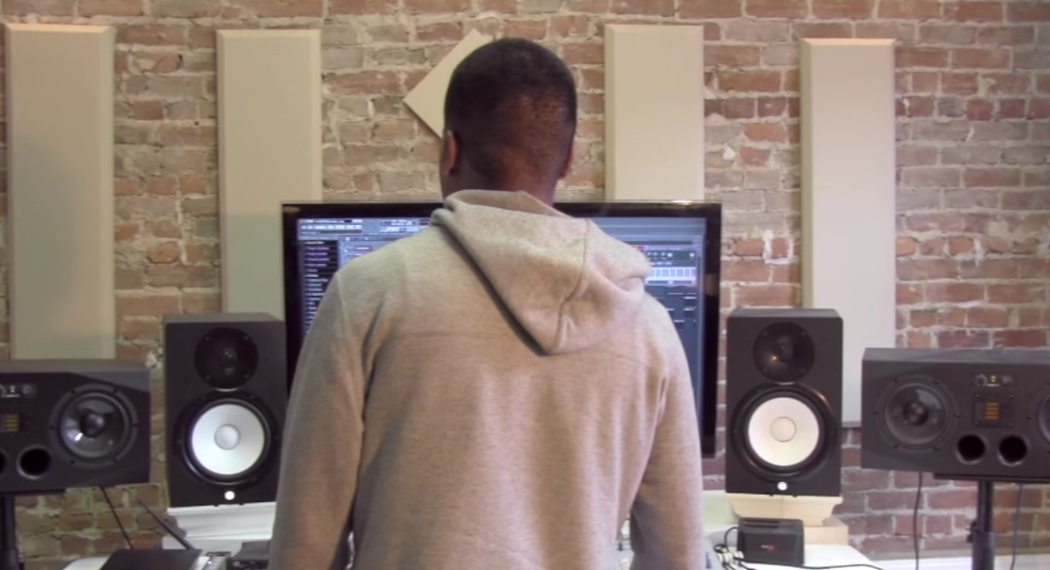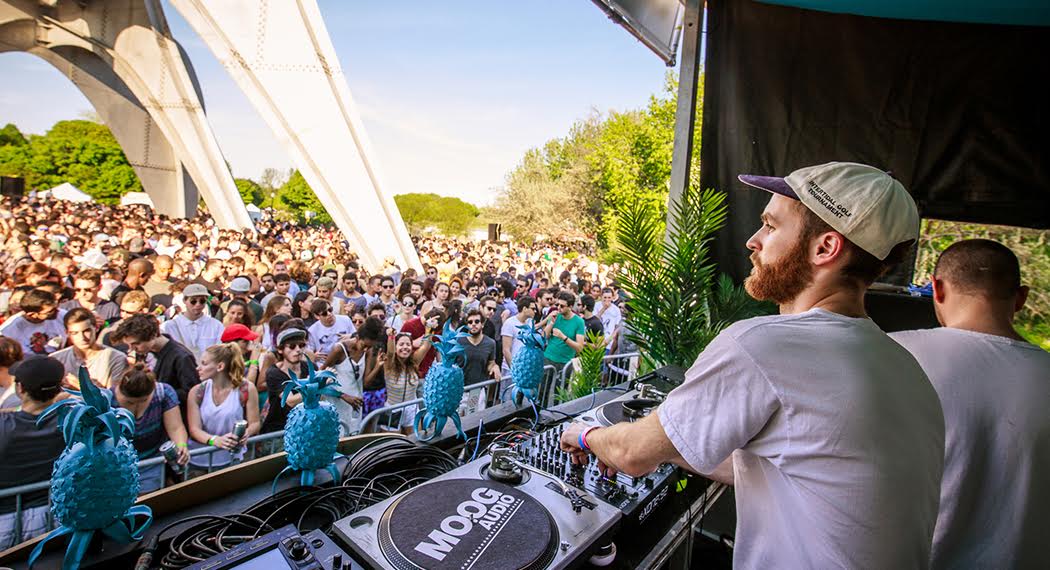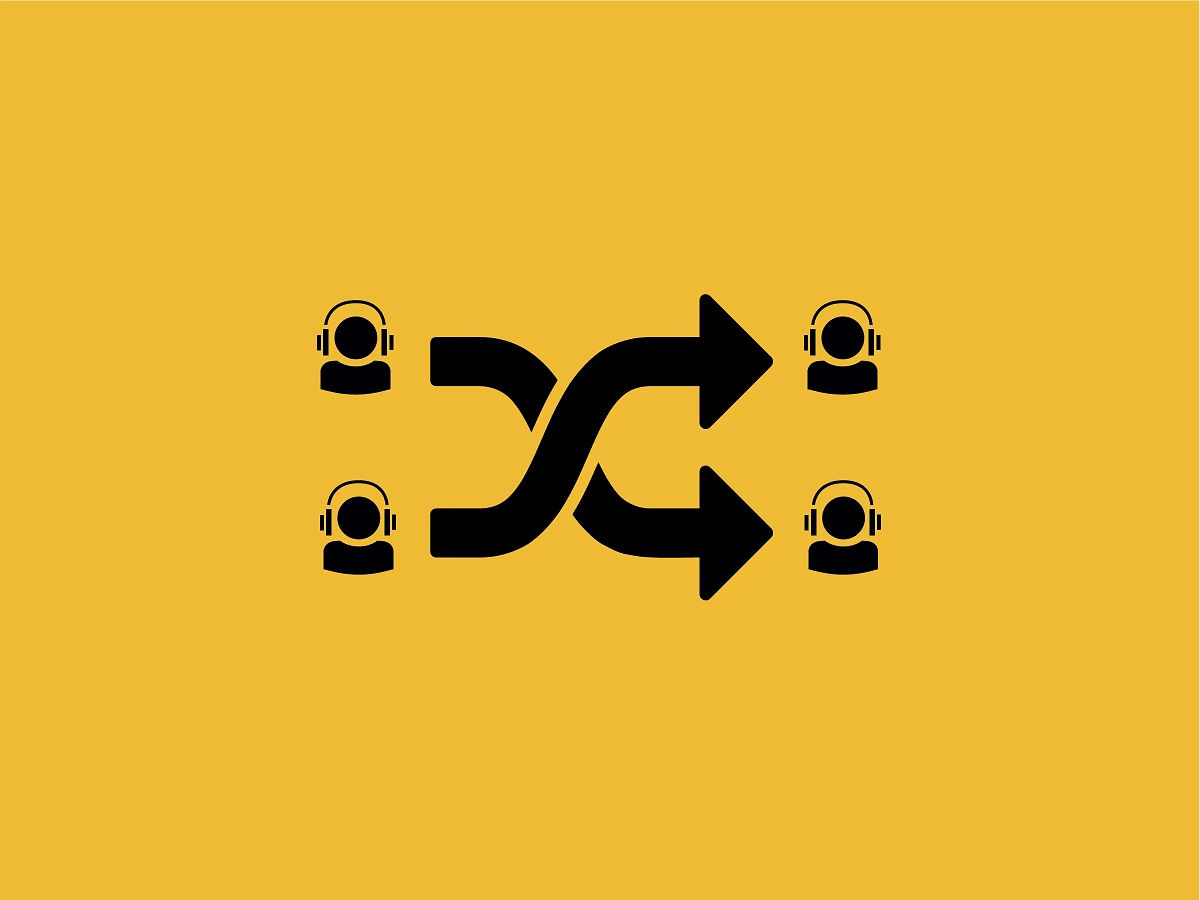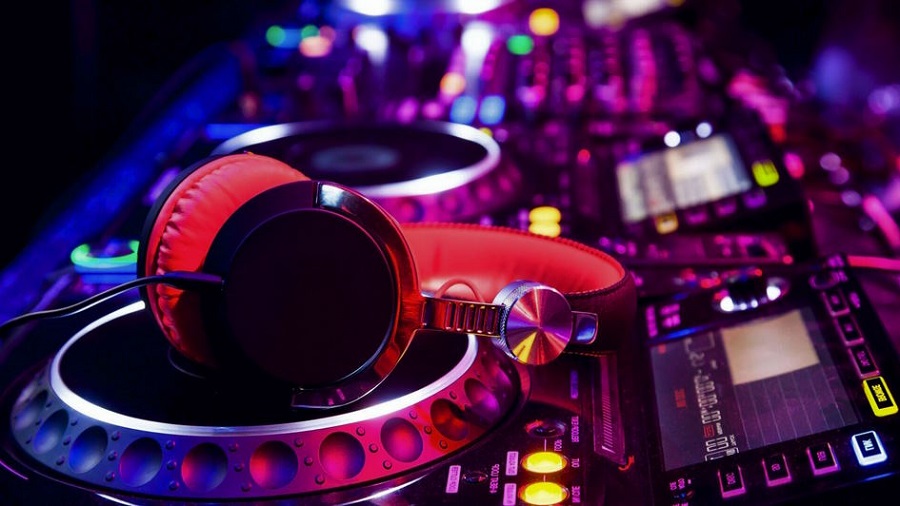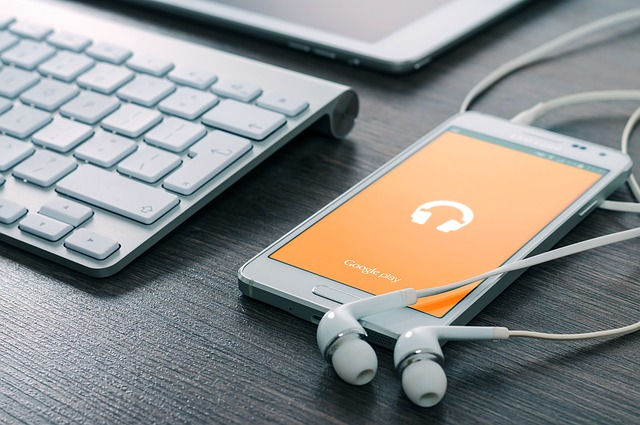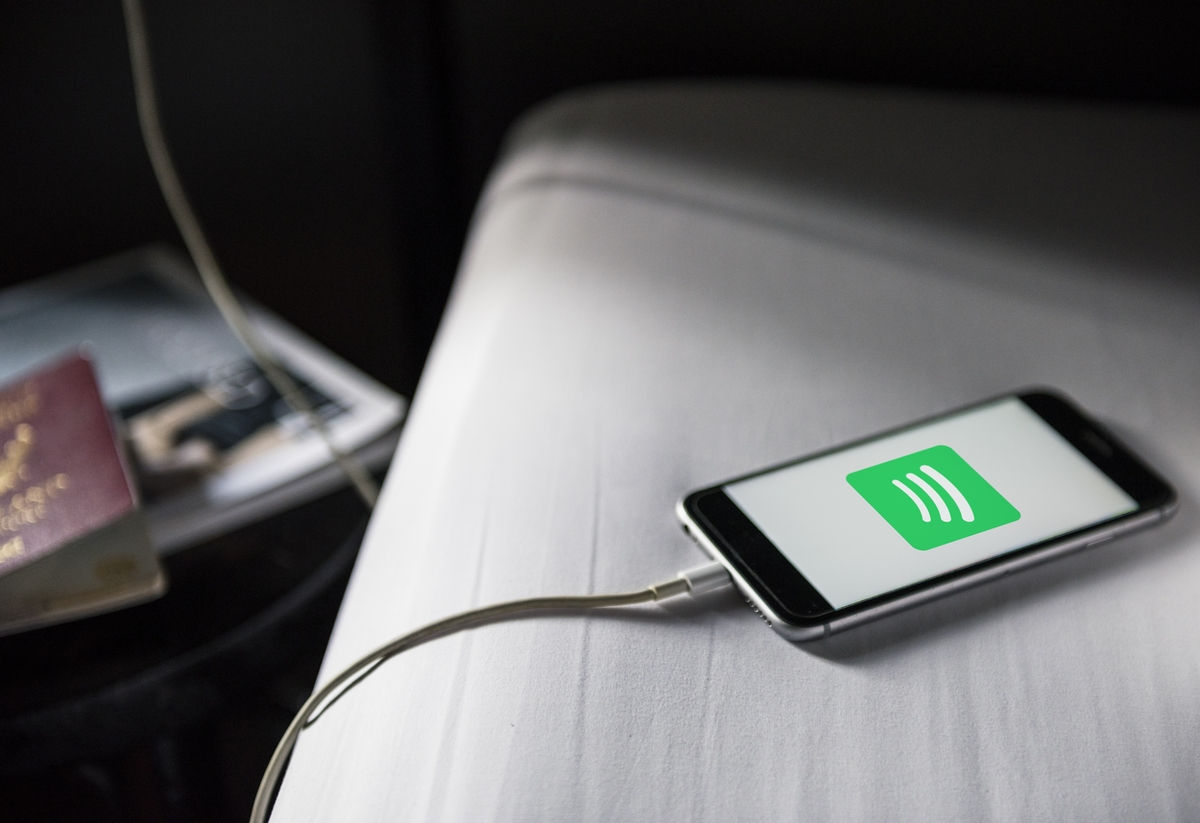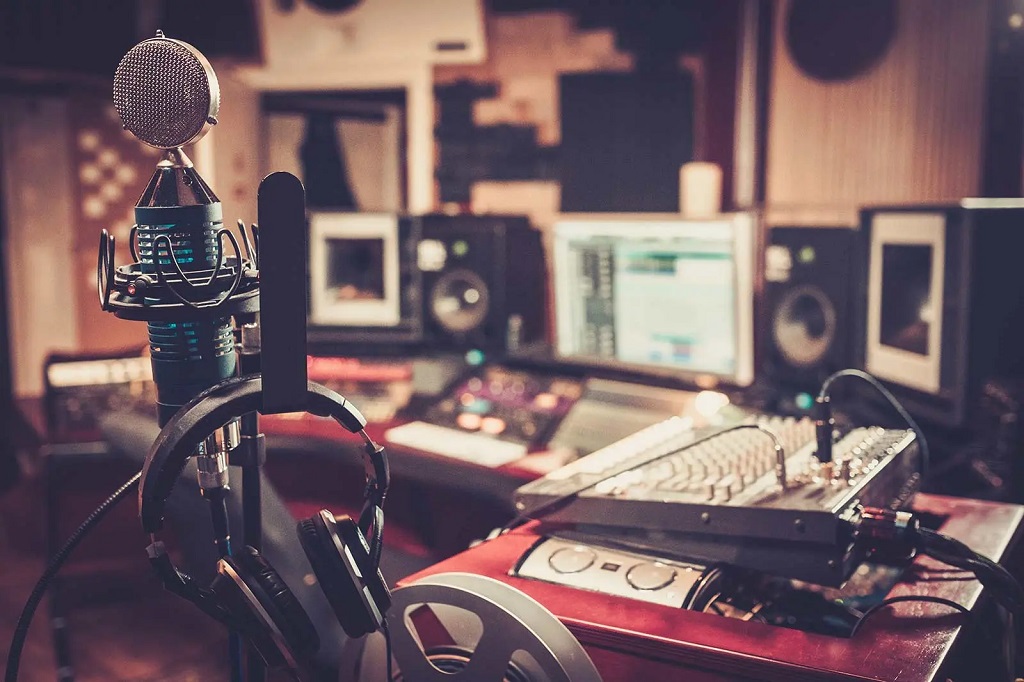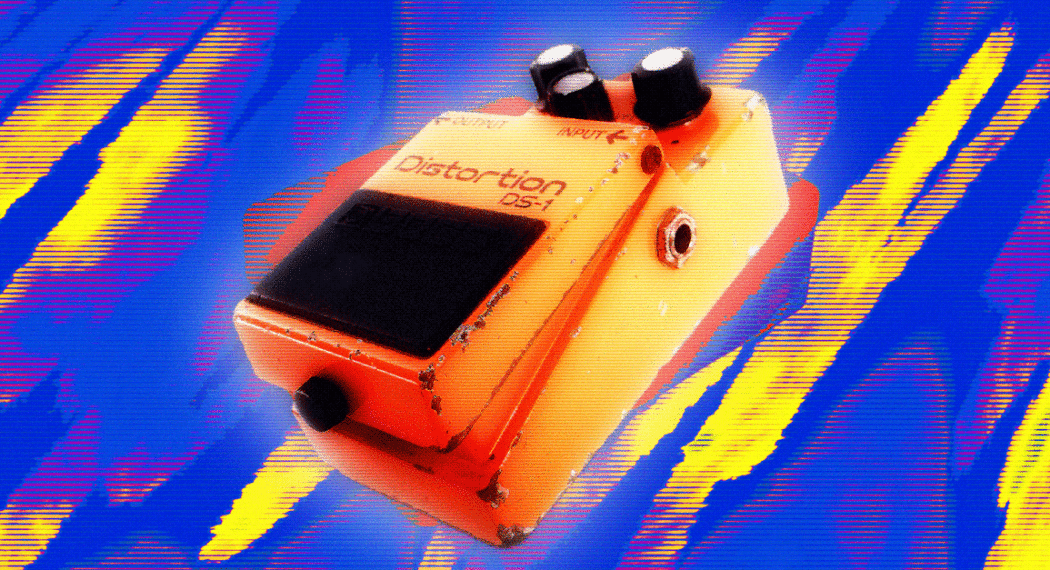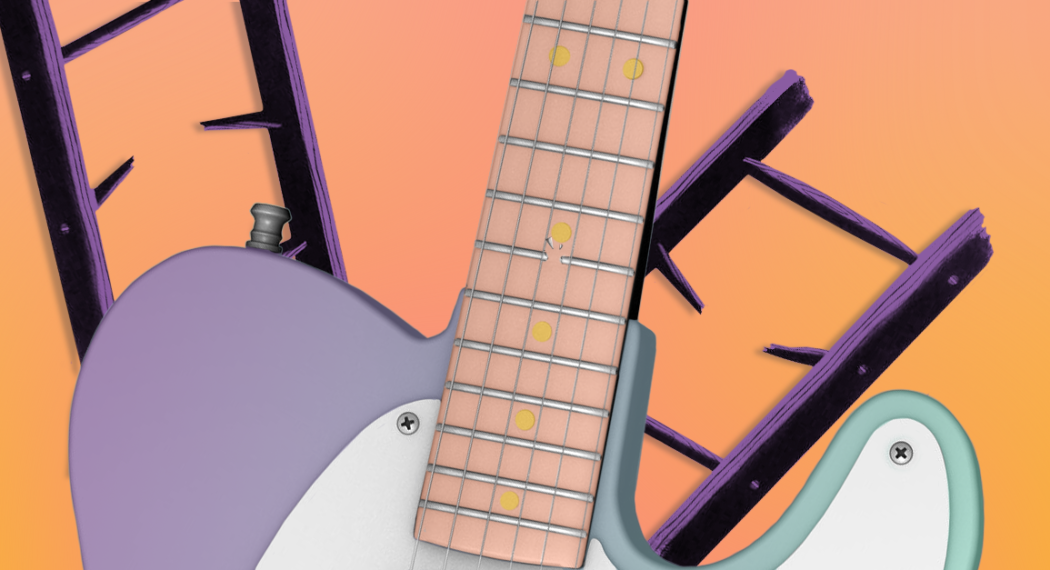In the era of streaming, the DJ mix is winning it all. Every time I reach for music it’s always a mix or radio show or playlist.
These days it’s all about continuous playback. But I’m not just talking about algorithm playlisters like Spotify or Pandora.
Let me explain…
Mixes Matter Again
I’d much rather listen to a hand picked selection of blended music than a ‘suggested playlist’. Wouldn’t you?
5 minutes on SoundCloud will tell you the whole story. Recorded live sets are everywhere.
Advances in DJ software, recording technology, and sharing platforms have made DJ mixes the king of online music. And they’re in high demand.
Radio is seeing a huge comeback because of it.
DIY online stations like NTS, Berlin Community Radio, N10.as and Boiler Room are all built on the need for curated recorded mixes.
And they’re getting millions of plays per month.
Listeners want continuous playback
There’s only one way to be a part of the online DJ mix resurgence: record and share every mix you make.
But recording your mixes can be tricky. There’s a lot to consider. How do I control the signal? What are the right levels? How do I polish my sound before I upload?
Don’t worry, I’ll answer all your questions and more with this simple guide on how to record a DJ set like a pro.
So you can upload and share all your wicked sets. And get yourself heard!
Why you should record and share your DJ sets
There’s a ton of reasons why you should be recording your DJ sets. Here’s just a few of the big ones.
- You’re missing out on a way bigger audience
You can create all the buzz in the world playing live.
But how is anyone going to continue following you after the party if you don’t have anything to listen to online?
Sharing mixes online gives you the potential for a way bigger audience.
If you’re not recording, your audience will only ever be the same size as the club.
- You’ll become a better DJ
The best way to get better at mixing is to correct your mistakes. That means figuring out what worked and what didn’t.
The only way to do that is to record your sets. Listen back and correct whatever needs fixing for next time.
- You should be using your sets in your Press-Kit
If you know how to promote your music right, then you already have a press kit. If you don’t then you need to get one.
Recorded DJ sets are a no-brainer for press-kits. For any DJ hoping to get booked or signed.
The first thing promoters and festival organizers look for when booking is sample sets from potential acts.
If you don’t have anything shared it’s impossible to hit the right ears at the right time.
How To Record Your Sets Right
The first step for recording your sets is to define what you’re going to be using.
Are you using turn tables with Serato? Are you using a controller with Traktor? Will your mix be all vinyl? It the whole thing ‘in the box?’
Before you start you should know what your setup is all about. It will influence your recording setup.
So you know what you’re going to be mixing on? Good. Let’s continue.
What to Record Your set with
There are several tools for recording your mix. But the three most popular options are an external recorder, directly into the computer or internally using your mixing software of choice.
- The external recorder
For external recorders I recommend the Zoom H4N or the TASCAM DR-05. Both will do the trick for recording depending on your budget.
Recorders vary in what input signal they can handle. You might need attenuators for certain line-in recording depending on your setup.
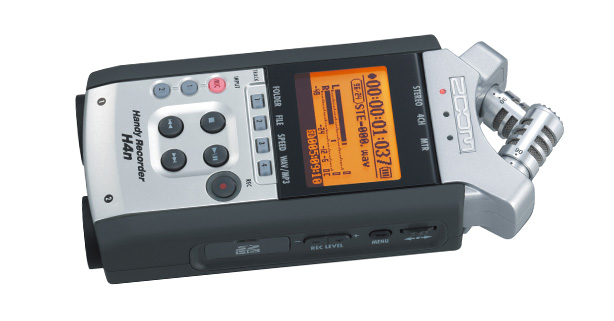
Portable recorders are easy to use. Most save your set onto an SD card. Making it easy to get your set on the computer for mix mastering.
A good portable recorder will cost about $80-200.
- Recording software
You can also record into your computer using DAW software or any audio recording software.
Some newer mixers and controllers have USB outs on them. But generally speaking you’ll need an audio interface if you’re recording from a controller into your computer.
I recommend the Presonus AudioBox iOne. It’s affordable and top quality for all your recording needs—DJ mixes and otherwise.
- Inside your mixing software
The third option is to record inside your DJ software. Serato DJ and Traktor Pro 2 both make it easy to record internally and require very little setup.
Recording directly inside your DJ software is the easiest way to get a quick recording of your set.
Ok, so you’ve picked out a recording setup? Awesome. Let’s record something!
Recording your set
If you record your mix right, it will sound too quiet when you’re done. Confused? I’ll explain.
If you’re using a mixer or controller there should be a ‘record out’ port. It’s typically RCA cord compatible. Like the picture below:
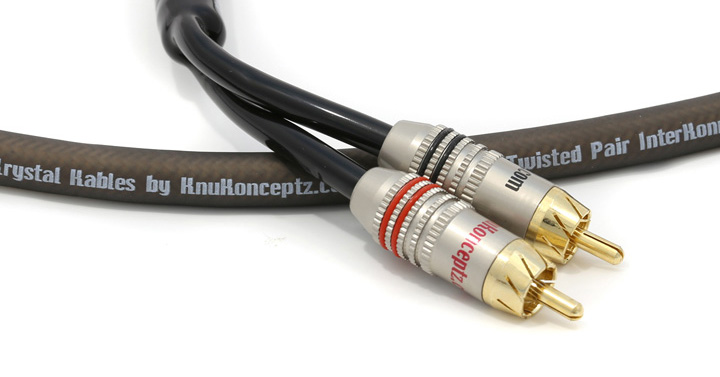
This ‘record out’ port will give you a stable signal that is independent from the master volume. The master output goes to the monitors or PA in a live setting.
Managing the recording
Recording from the ‘record out’ port will allow you to push the master volume of your set throughout the night to create energy.
All without clipping your recorded signal.
The levels from the ‘record out’ are what you want to be monitoring when it comes to your recording. They shouldn’t even come close to the reds.
If you are using an audio interface, external recorder like an H4, or recording software on your computer, make sure your record levels are leaving a ton of headroom.
Same thing goes for your DJ software. Make sure your recording levels are leaving an ample amount of headroom in your DJ software.
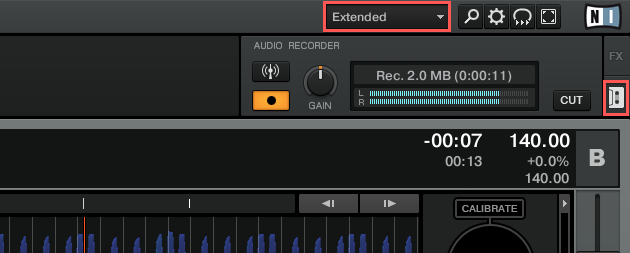
Hot tip: don’t leave too much headroom. find a good balance. If you record too quietly white noise from your RCA can get amplified while you’re mastering your mix.
My recording is too quiet. How do I fix it?
If you listen to your recorded DJ set right after you finish, it should sound way too quiet.
Don’t worry, if it’s too quiet you did it right.
This is where set mastering comes in. All recorded mixes need mastering before you share.
But mastering an entire set takes forrrreeeeevvvveeeerrrr. No worries.
The Kami Records DJ software masters your sets in seconds. It gives you front-row loudness and uniform sound.
This is where all that headroom you left is gonna come in handy.
Set the Stage
DJ mixes are good for you AND the listener.
Digging for music helps you find new influences, discover new artists, and absorb new techniques.
Sharing your mixes benefits your listeners because they get a better sense of your influences and tastes as an artist.
They’re excellent for press kits, self-promotion, and gig submissions.
But most of all they are spaces to nurture good music and put it in a new context.
So record your mixes right, share them, engage your audience, and grow as an artist.

